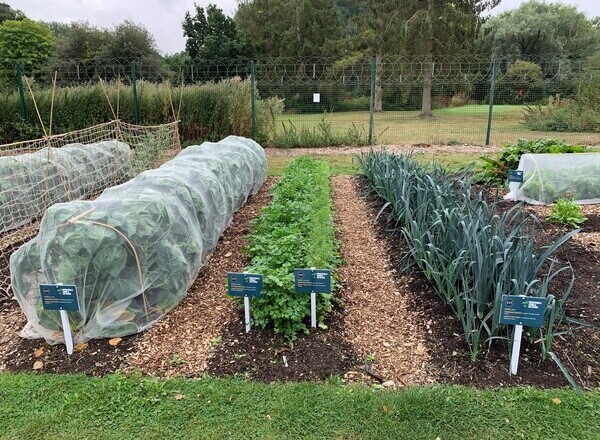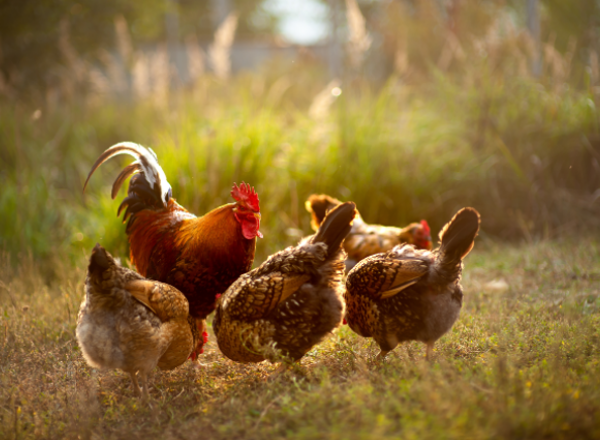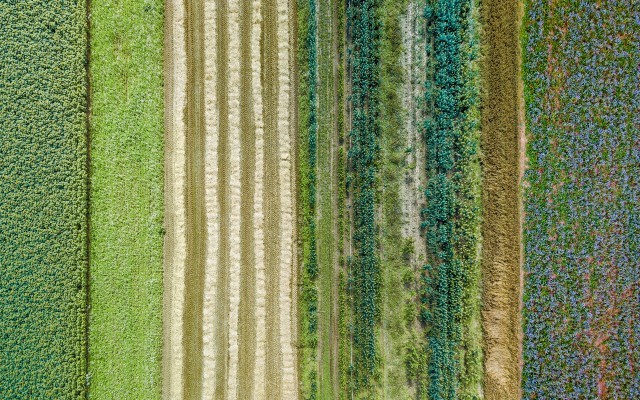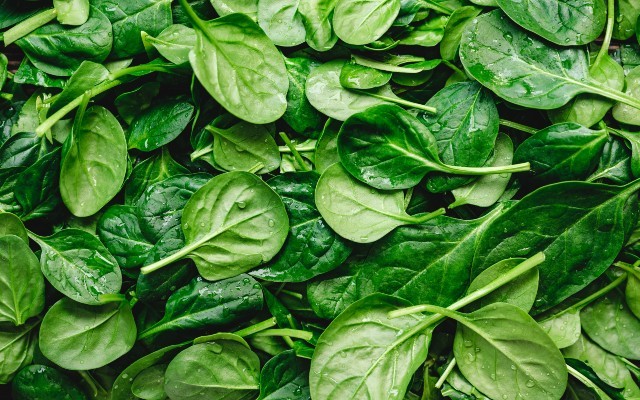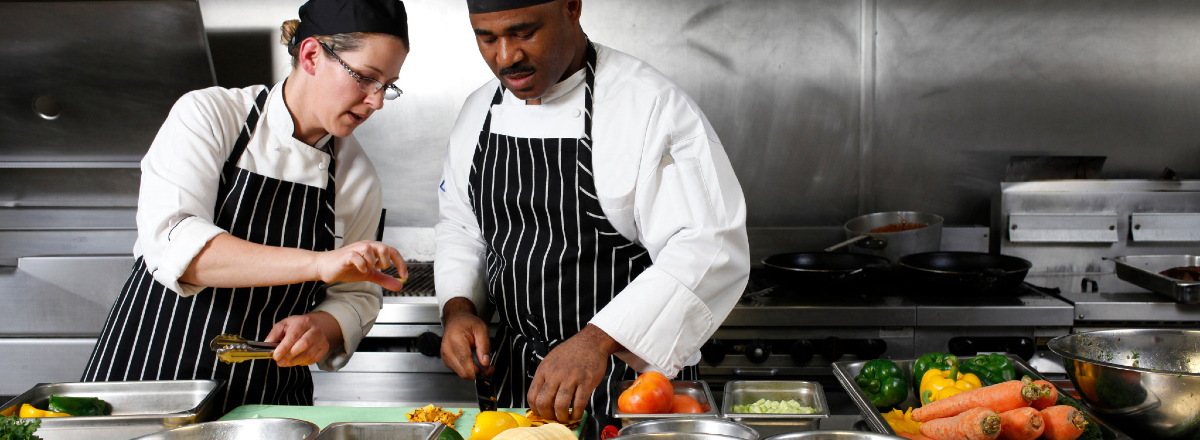
Having a safe and sustainable supply chain is important for us to deliver the quality of food service that is a key business driver for Compass. We work with our suppliers to help us meet our responsible sourcing standards and goals.
Our aim is to have industry leading standards that set the benchmark for performance regarding purchasing and supply chain practices. Our global Supply Chain Integrity Standards set out the minimum sourcing requirements for the mitigation of key risks to the integrity of our supply chain. The standards are regularly reviewed and updated, providing our customers with the assurance that we will provide them with food that is safe, wholesome and responsibly sourced.
Key targets
100%
 of our shell eggs and
of our shell eggs and
liquid egg products will
be cage-free by 2025
100%
 of palm oil used in
of palm oil used in
our kitchens to be
certified sustainable
50%
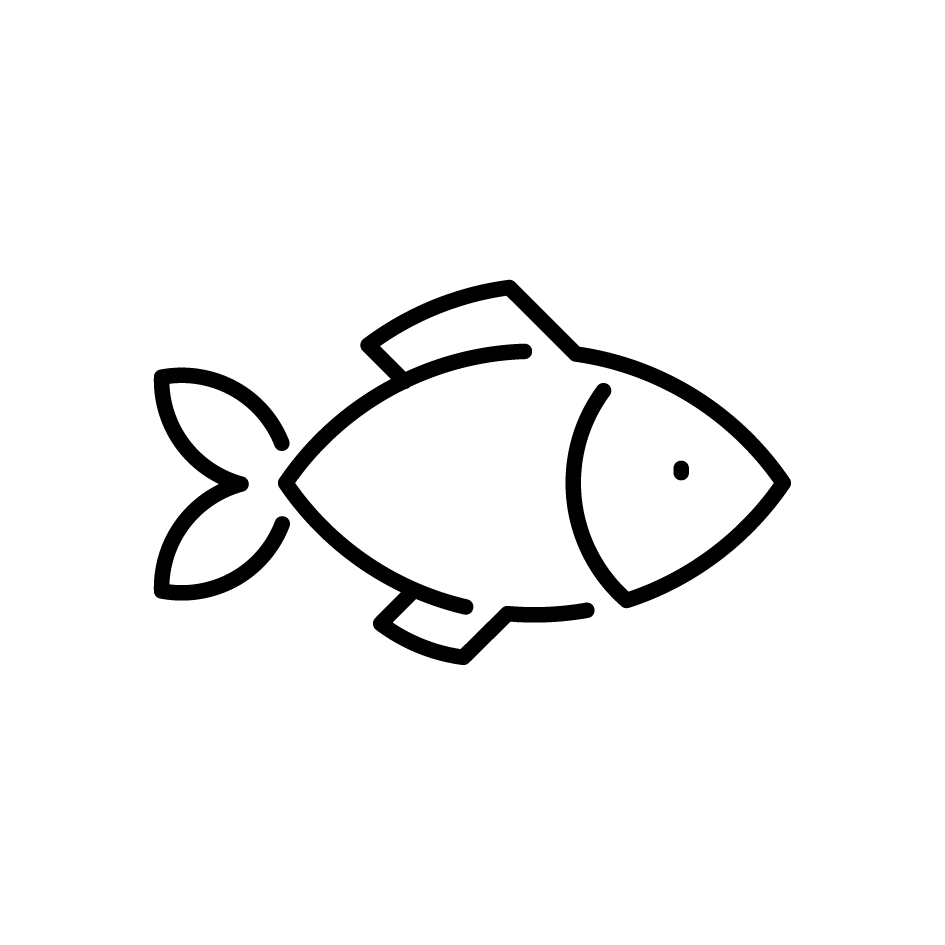 of our fish and
of our fish and
seafood to be
certified sustainable
Our global cage-free commitment is translated and available to view in 20+ languages. Download here.

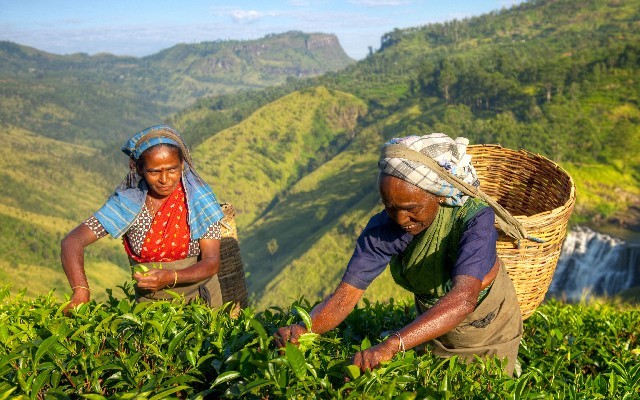



Case Studies
